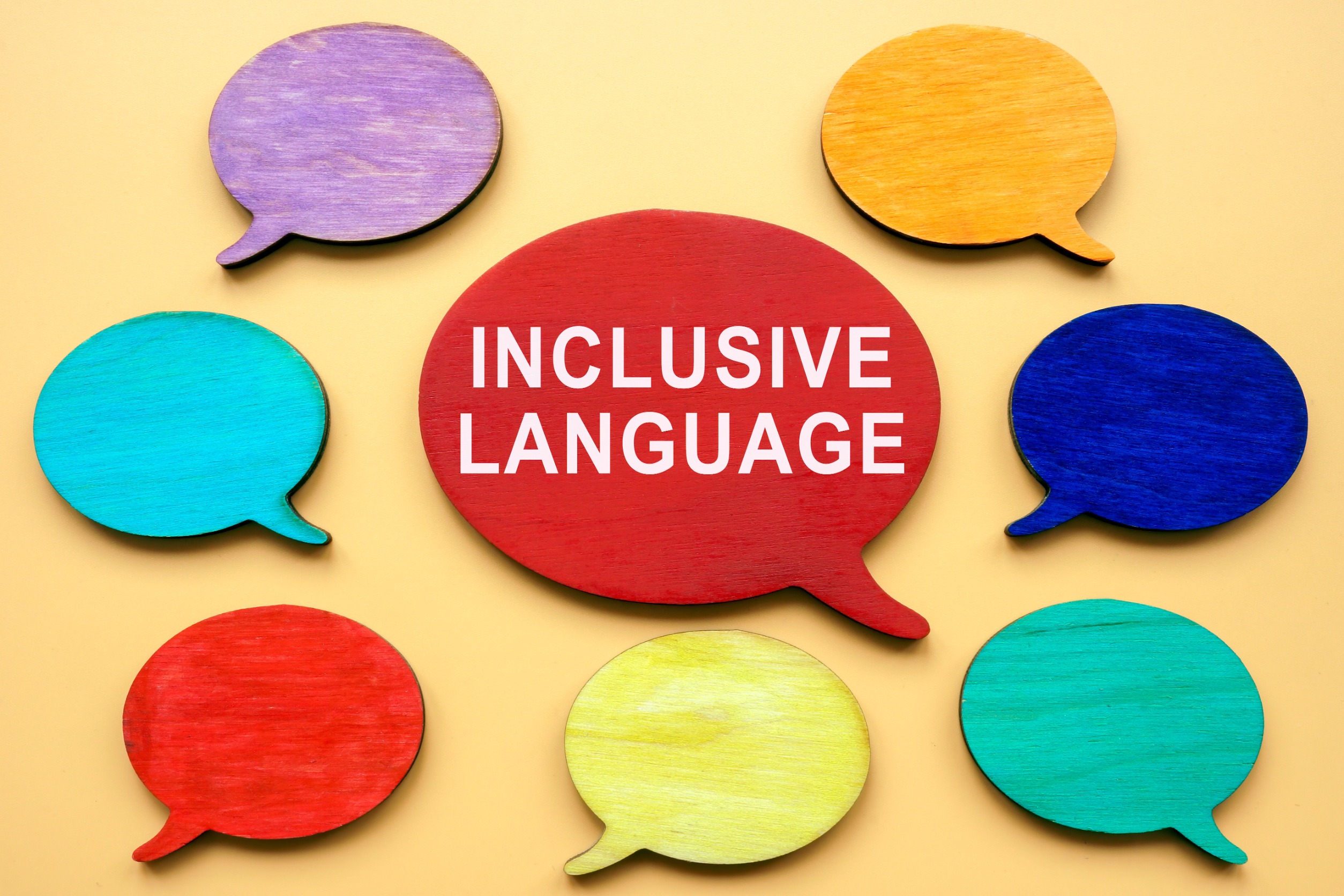Pandemic dampens Japan PM’s plans to raise minimum wage

Last month, Suga had said the government intends to raise the country’s minimum hourly wage from 902 yen (US$8.36) to 1,000 yen (US$9.27) “more quickly” as he believes the hike would help support pandemic-hit households, boost competitiveness, spur inflation and increase consumption.
However, his proposal has met with strong opposition from small firms, employing seven out of ten workers in Japan, which are badly impacted by the pandemic.
In addition, some of the prime minister’s own Liberal Democratic Party (LDP) lawmakers are not in favour of the proposal as they could lose support from business owners in an election year, according to government and party sources.
Earlier this month, three groups representing small firms held a joint news conference and issued a statement asking the government not to raise the minimum wage. “The joint action was unprecedented, which was made to express the collective opinion of small firms,” said an official of Japan Chamber of Commerce and Industry (JCCI).
JCCI chairman Akio Mimura has said the tourism and restaurant industries were facing a tougher time this year compared to 2020. “I hear many voices of anxiety from small firms across the country,” he added.
READ: Labour union in Japan calls for raise in minimum wage of essential workers
Japan has long used wage hikes as a measure to boost consumption and raise inflation, though it has not seen the desired outcomes. However, reflationary policies like raising minimum wages may antagonise small firms and lower voter support – critical during an election year, according to Reuters.



